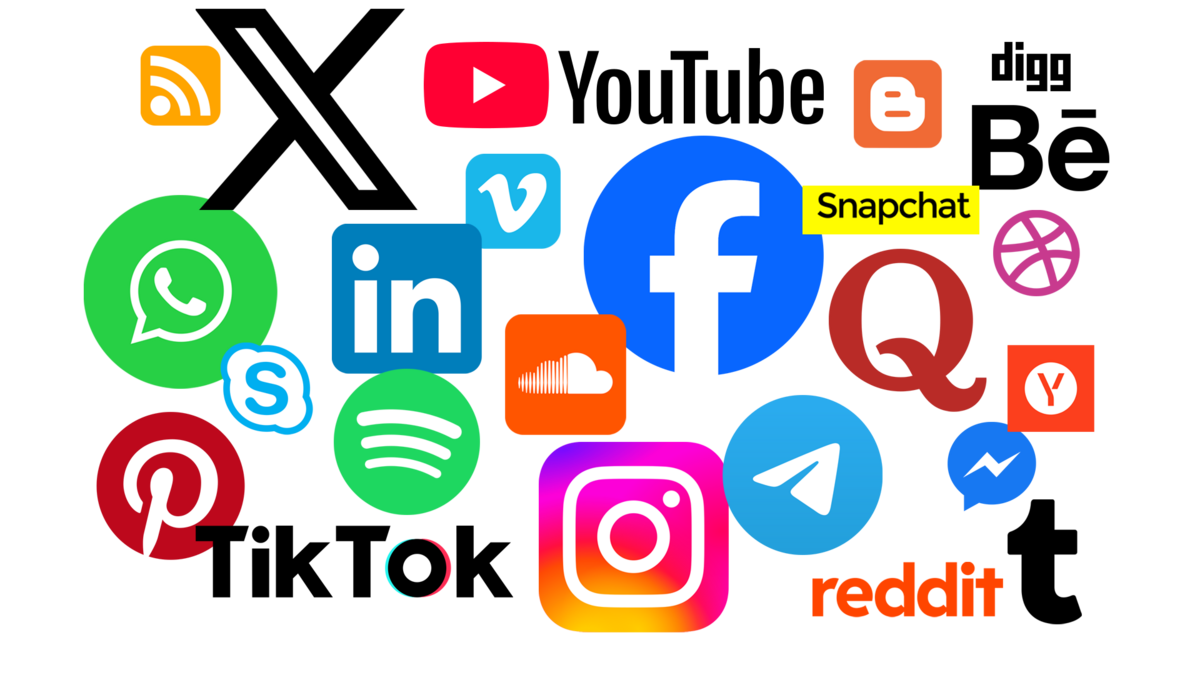
Social media has become an integral part of modern society, influencing how people communicate, share information, and interact with one another. While social media platforms offer numerous benefits, such as connecting individuals across the globe and facilitating the dissemination of information, they also have significant effects on the human brain.
One prominent effect of social media on the brain is its impact on mental health. Research conducted by Lin et al. (2016) found that excessive use of social media platforms can lead to increased feelings of anxiety, depression, and loneliness among users. The constant exposure to curated images and idealized lifestyles on social media may contribute to lower self-esteem and higher levels of social comparison, ultimately affecting one’s psychological well-being.
Furthermore, social media has been shown to influence the brain’s reward system. According to a study by Meshi et al. (2013), receiving likes, comments, or shares on social media posts triggers the release of dopamine in the brain, a neurotransmitter associated with pleasure and reward. This addictive quality of social media interactions can lead to compulsive behaviors and a cycle of seeking validation through online engagement.
Another significant impact of social media on the brain is its effect on attention span and cognitive abilities. Constant exposure to short, fast-paced content on social media platforms, such as scrolling through news feeds and watching videos, can contribute to reduced focus and concentration. Rosen (2018) highlighted that the constant multitasking and information overload associated with social media use can impair cognitive functions, such as memory retention and critical thinking skills.
In conclusion, social media exerts a profound influence on the human brain, affecting mental health, reward processing, and cognitive functions. As individuals navigate the digital landscape, it is essential to be mindful of the potential consequences of excessive social media use and prioritize healthy online habits. By understanding the neurological effects of social media, users can make informed decisions about their digital consumption and strive for a balanced relationship with technology.
References:
Lin, L. Y., Sidani, J. E., Shensa, A., Radovic, A., Miller, E., Colditz, J. B., Hoffman, B. L., Giles, L. M., & Primack, B. A. (2016). **Association between social media use and depression among U.S. young adults**. Depression and Anxiety, 33(4), 323-331.
Meshi, D., Tamir, D. I., Heekeren, H. R. (2015). **The emerging neuroscience of social media**. Trends in Cognitive Sciences, 19(12), 771-782.Rosen, L. D. (2018). **The Distracted Mind: Ancient Brains in a High-Tech World**. MIT Press.












